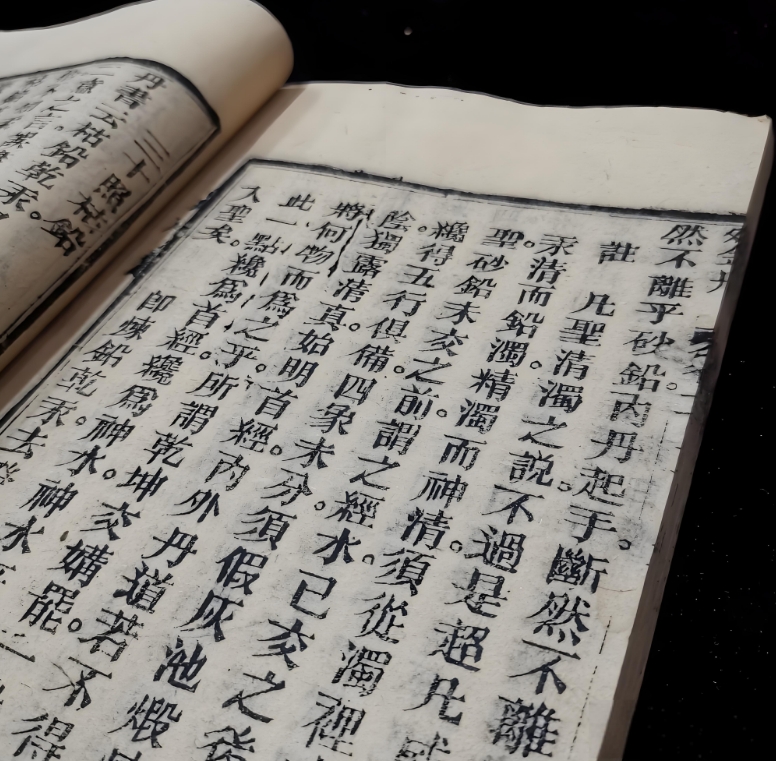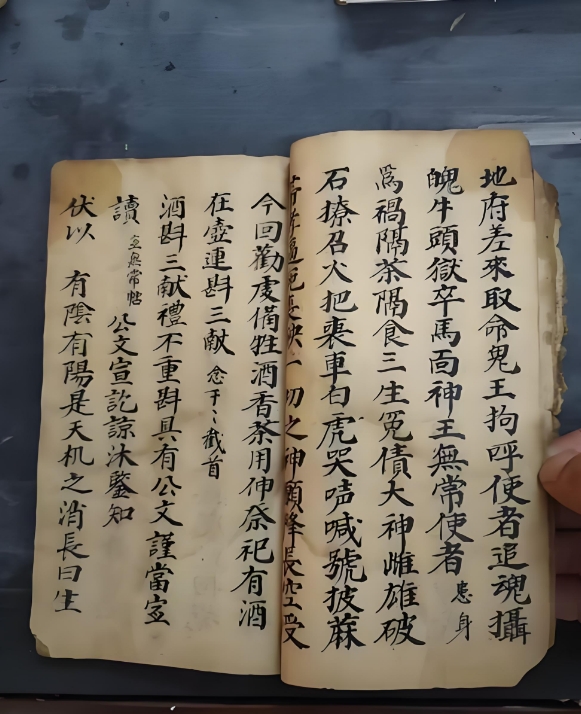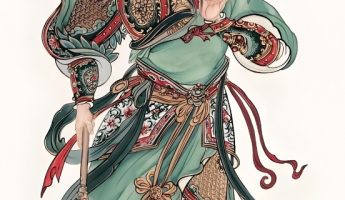Taoism, as an important component of ancient Chinese traditional culture, has attracted countless practitioners with its unique philosophical ideas and practical methods. In many classic works of Taoism, there are rich spiritual wisdom and life philosophy that guide people’s inner cultivation and external behavior. This article will explore in detail the classic works of Taoist practice throughout history, as well as their practical applications in contemporary life, aiming to provide a comprehensive guide for friends who love Taoist culture.
1、 Overview of Taoism
Taoism is one of the local religions in China, and its core idea is “Dao”, which originates from the “Dao can be Dao” in the Tao Te Ching. Taoism believes that all things are born from the Tao, and the purpose of practice is to understand and conform to the laws of the Tao, in order to achieve harmony and unity with nature. Cultivation is not only about observing and understanding the external world, but also about exploring and elevating one’s inner self.

2、 Inventory of Taoist Classic Works
The Tao Te Ching
The Tao Te Ching is the core classic of Taoism, written by Laozi. The book consists of 81 chapters and is divided into two parts: the “Dao Jing” and the “De Jing”. The book succinctly explains the relationship between reason and virtue, emphasizing the ideal politics of “small country and few people”, the philosophy of governing by inaction, and the harmonious coexistence between humans and nature. It is a must read book for practitioners.
Zhuangzi
Zhuangzi is another important classic of Taoism, written by Zhuangzi during the Warring States period. This book combines fables and philosophical reflections to convey Zhuangzi’s unique views on freedom, nature, life, and death. The idea of “equality of all things” in the book emphasizes the equality of all things and that nature should not be disturbed by humans, which is suitable for today’s practitioners to seek inner peace in the complex and complicated life.
Huangdi Yin Fu Jing
The Yellow Emperor Yin Fu Jing is an important document for the cultivation of Taoist inner alchemy. The book elaborates in detail on the methods, theories, and relationship between inner alchemy and the laws of the universe, emphasizing the importance of the unity of body and mind and conformity to nature. It is an important basis for studying Taoist inner alchemy.
Taijiquan Classic
Although the Tai Chi Classic mainly focuses on the practice of martial arts, the underlying principles are closely related to the ideas of Taoism. In the process of practicing Tai Chi, practitioners need to understand the principle of “using stillness to restrain and using softness to overcome hardness”, which not only applies to martial arts, but also to a philosophy of life that greatly benefits the physical and mental cultivation of practitioners.

3、 The basic methods of Taoist practice
Meditation practice
Meditation is one of the most important methods in Taoist practice. Through meditation, practitioners can clear their inner distractions, return to their true nature, and achieve a state of tranquility. During this process, practitioners can observe their own breathing, experience relaxation of their body and mind, and gradually feel resonance with the universe.
Internal Alchemy Practice
Inner alchemy practice is a unique Taoist way of cultivation, which includes three main processes: refining refined qi, refining qi to transform spirit, and refining spirit to restore emptiness. By adjusting the breath, mind and body movements, practitioners gradually convert the essence of the body into qi, and then convert qi into God, finally reaching the realm of unity with Tao.
a way of keeping good health
Taoism places great emphasis on health preservation, including diet, daily routine, and living habits. Practitioners should follow the principle of “adapting to the weather and geography”, improve their quality of life through a reasonable diet structure and daily routine, in order to achieve longevity and health.
moral cultivation
Practice is not just about physical and mental exercise, but more about cultivating moral concepts. Taoism emphasizes the idea of “governing by doing nothing”. If one can adhere to moral principles such as justice and integrity in daily life, it is an important manifestation of spiritual cultivation and sublimation.
4、 The Application of Classic Works in Modern Life
Stress reduction and relaxation
In the fast-paced urban life, many people face enormous pressure. Studying the way of thinking of “non action” in the Tao Te Ching and Zhuangzi can help people reduce anxiety and learn to relax. In life, it is very important to leave some space for oneself and maintain inner peace.
Harmony between humans and nature
Taoism advocates for harmonious coexistence between humans and nature, which is often overlooked in the development of modern society. By reading Taoist classics, we can enhance our environmental awareness and ecological concepts, better protect the natural environment, and enjoy a balanced life.
The revival of traditional culture
As a treasure of Chinese culture, Taoist classics are worthy of our inheritance and promotion. Understanding classic works can not only enhance one’s cultural literacy, but also better understand the philosophical ideas of Taoism, thereby achieving inner peace.
The Taoist scriptures of practice provide us with profound wisdom and guidance for life. Whether in busy urban life or in individual spiritual pursuits, understanding and practicing these classics can enable us to have a deeper understanding and introspection of life. I hope that every friend who loves Taoist culture can find their own path of cultivation in the classics, thriving, harmonious, and easy.



